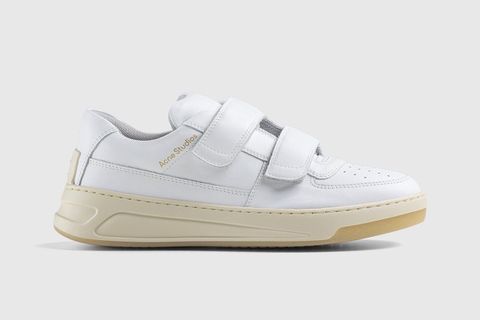Lindsay Lohan Is Finally in Her Comeback Era
Lindsay Lohan — the woman, the myth, the legend — has signed on to star in two more Netflix movies, the latest development in the actor's slow yet steady comeback.
The news comes shortly after Netflix released a first look at Falling for Christmas, a Lohan-led rom-com that will hit the streaming platform later this year.
The expansion of Lohan's movie deal follows several other wins for the Parent Trap star.
In October 2021, she partnered with Studio 71 on a podcast promising "intimate conversations" with her friends. One month later, she announced her engagement to Bader Shammas, a financier at Credit Suisse.
Lohan even nabbed a Super Bowl commercial, appearing in a Planet Fitness ad that began trending on social media shortly after airing.
Following in the footsteps of Paris Hilton and Britney Spears, Lohan appears to be reclaiming her narrative, one that tabloids took every opportunity to deride circa 2005.
In fact, just sixteen years ago, The New York Post published a now-infamous photo of the three women emblazoned with the headline: "BIMBO SUMMIT." (The outlet attempted to backtrack on the cringe-y headline last year.)
Since then, Hilton has spoken out about the abuse she suffered at boarding school, and Spears has escaped her conservatorship — cases that sparked critical reflection on the way the media, and onlookers, once treated young female celebrities. Lohan opened a resort in Mykonos, a project she said was cathartic in the wake of an abusive relationship.
The quote-unquote redemption of women we once publicly objectified, ridiculed, and shamed — for their mental health struggles, for their wardrobes, for their career choices — is long overdue.
Similar to the Megan Fox-aissance, Lohan's comeback is a phenomenon that's satisfying to behold, but casts a bleak outlook on celebrity culture.
After years of deifying and denigrating her, why, exactly, has Hollywood decided to let Lohan back "in?" Is it an increased awareness of the double-standards female celebrities are held to? Is it a cash grab designed to capitalize on Gen Z's fascination with all things early aughts? Is it a mixture of both?
For longtime LiLo fans like myself, her triumphant return is nothing short of thrilling. Still, it makes me wonder: in ten years, who else will we hold up as an example of entertainment's vicious misogyny?


